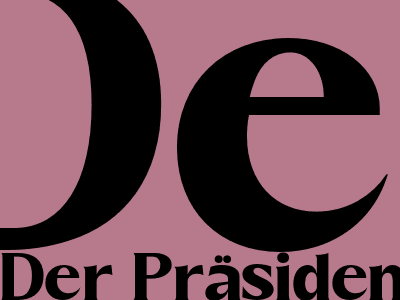
The German Chamber of Commerce and Industry (DIHK) demands that politicians create a business-friendly environment
DIHK President Peter Adrian warns against further burdens on companies
DIHK study: overregulation costs German companies up to 300 billion euros per year
Berlin – The German Chamber of Commerce and Industry (DIHK) is calling on politicians to create a business-friendly environment. "We need a clear commitment from politics to reduce the burden on companies," demanded DIHK President Peter Adrian in Berlin on Monday. The DIHK boss warned against further burdens on the economy, especially in the energy transition and climate protection. "We must not jeopardize the competitiveness of German companies with excessive regulation," Adrian said.
A DIHK study presented on Monday shows the extent to which the German economy is suffering from overregulation. According to the study, the costs of overregulation for German companies amount to up to 300 billion euros per year. This corresponds to almost ten percent of gross domestic product. The study was conducted by the ifo Institute on behalf of the DIHK.
The DIHK study identifies four main areas where overregulation is particularly harmful to companies: environmental protection, labor law, tax law and social security law. The study shows that the costs of environmental protection regulations alone amount to around 100 billion euros per year for German companies. "The energy transition must not become a burden on companies," Adrian demanded. "We need technology-open solutions and a focus on market-based instruments," the DIHK boss said.
In labor law, the DIHK criticizes the increasing rigidity of the labor market. "We need more flexibility in working hours and a reduction in bureaucracy," Adrian said. In tax law, the DIHK demands a simplification of the tax system and a reduction in the tax burden on companies. "We need a tax policy that promotes investment and innovation," the DIHK boss said.
In social security law, the DIHK criticizes the increasing costs of social security contributions. "We need a sustainable financing of social security without additional burdens on companies," Adrian said. The DIHK boss warned that further burdens on companies would jeopardize jobs and prosperity in Germany. "We urge politicians to create a business-friendly environment and to reduce the burden on companies," Adrian said.